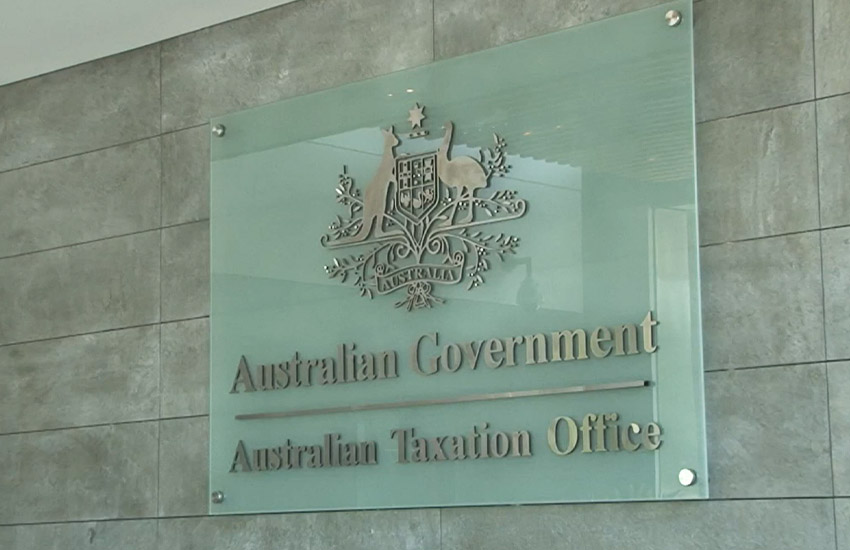ATO releases guidance on ESS establishment and administration
TaxThe ATO has released a new draft determination outlining the deductibility of employee share scheme (ESS) establishment and administration expenses.

The ATO has published Taxation Determination TD 2022/D2 – Income tax: Deductibility of expenses incurred in establishing and administering an “employee share scheme” that provides guidance on when the establishment and administration costs can be claimed.
If a company provides an employee share scheme (ESS), the company may be able to claim a deduction for the expenses that have been incurred in establishing and administering an employee share trust (EST) that holds shares or rights for employees participating in the ESS.
“Establishment expenses are those associated with creating an ESS, such as legal fees and stamp duty,” the ATO said.
“These expenses aren’t deductible upfront because they’re capital in nature.
“However, as the Determination explains, establishment expenses may be claimed as a deduction over five years to the extent that the business carried on is for a taxable purpose.”
Establishment expenses are outgoings associated with the creation of an ESS and include legal fees incurred in establishing the EST and ESS plan rules, start-up costs; for example, trustee company commencement charges, and registration fees with various authorities; for example, stamp duty and Australian Securities & Investments Commission fees.
Administration expenses
In terms of administration expenses, costs incurred amending an ESS are also not deductible to the employer company under section 8-1 because they are capital in nature, according to the ATO.
“Expenses incurred amending an ESS are deductible to the employer company in equal proportions over five years under section 40-880 to the extent that the business is carried on for a taxable purpose,” the ATO said.
“Examples of expenses that would be incurred amending an ESS include legal fees paid amending the EST and ESS plan rules, and regulatory fees and stamp duty paid to authorities.
“Ongoing expenses associated with administering an ESS, such as brokerage fees, audit fees and bank charges, are deductible in the year they’re incurred.”
When the final determination is issued, it is proposed to apply both before and after its date of issue. However, the determination will not apply to taxpayers to the extent that it conflicts with the terms of settlement of a dispute agreed to before the date of issue of the determination (see paragraphs 75-76 of Taxation Ruling TR 2006/10 Public Rulings).




